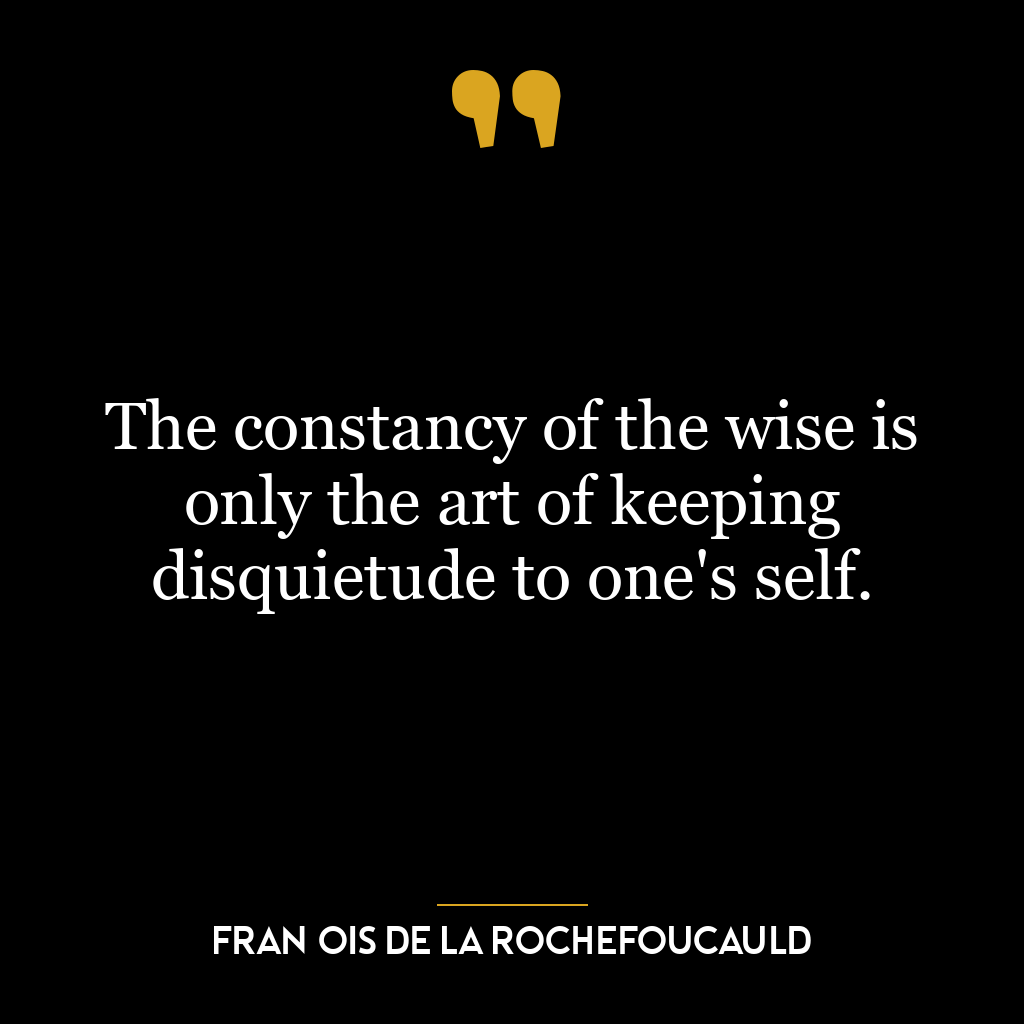This quote emphasizes the importance of quality over quantity in terms of knowledge. Instead of focusing on who has amassed more information or facts (who is ‘more’ learned), we should value the person who has a deeper understanding and can apply their knowledge effectively (who is ‘better’ learned).
In essence, it’s not about how much you know, but rather how well you understand what you know and can utilize it. This idea separates mere information gathering from wisdom. It’s possible for someone to be very knowledgeable about many subjects but lack depth in any particular area, which might render their knowledge less useful when compared to someone with a deep understanding of fewer subjects.
Applying this concept to today’s world, especially in an era where information is readily available at our fingertips, we often confuse having access to lots of information with being knowledgeable or wise. The quote suggests that instead of trying to learn everything superficially, we should focus on mastering specific areas that truly interest us or are relevant to our lives.
In terms of personal development, this could mean focusing on developing core skills deeply rather than trying to have a little bit of skill in many areas. For example, if one aspires to be a writer then they should focus more on honing their writing skills and understanding literature deeply rather than spending equal time learning other unrelated skills like painting or music.
Additionally, being ‘better’ learned also implies an ability for critical thinking and reflection – not just accepting information at face value but questioning it and forming our own understanding. This approach leads not just towards better personal development but also towards becoming informed citizens who can contribute meaningfully to society.












